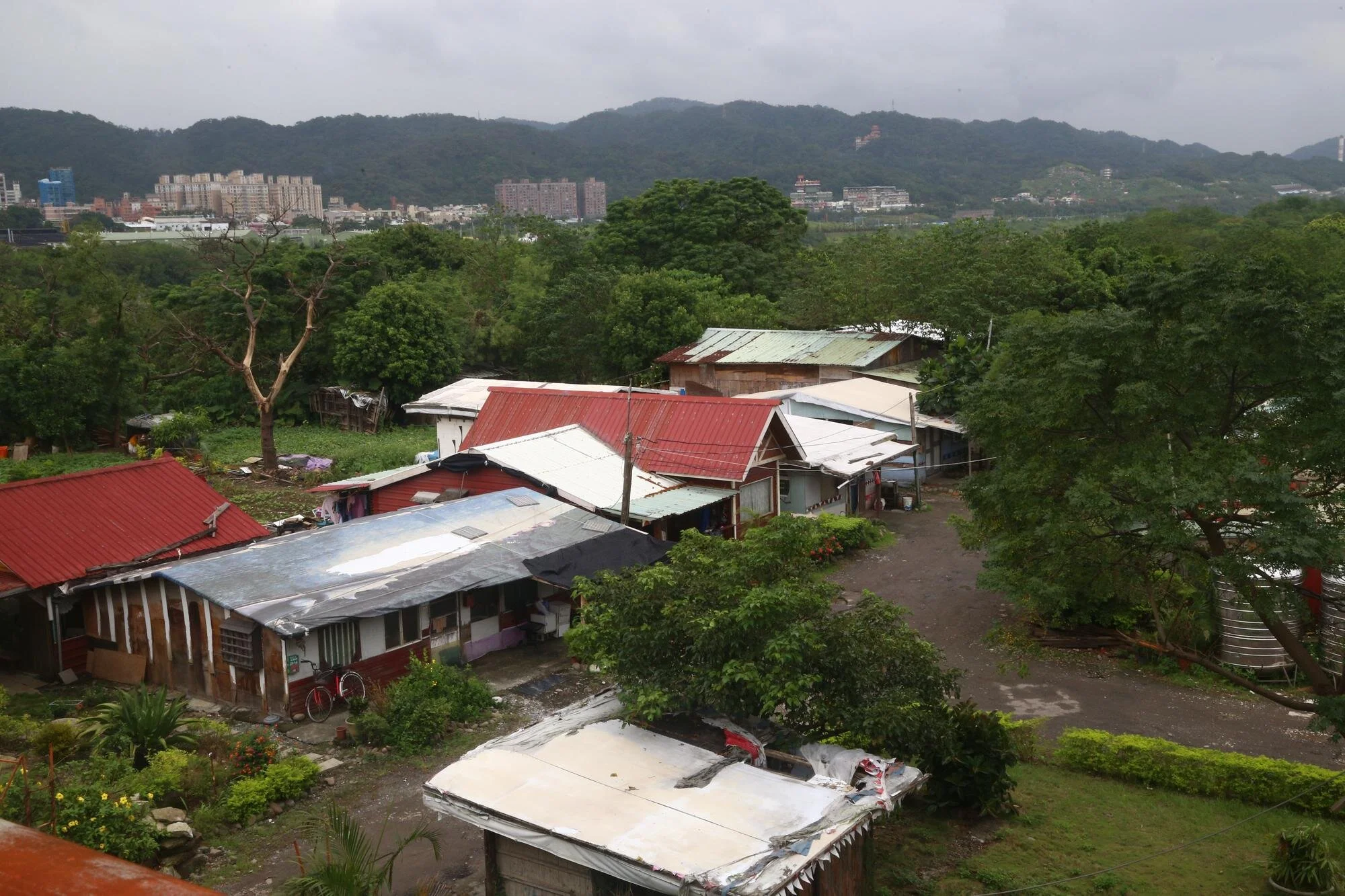All in The Reporter (報導者)
Taiwanese businessmen in China have enjoyed the spoils of China’s economic reform and political development after Tiananmen. Doing business in China could be risky, however. It is easily affected by the profound instability of business-political relationship in China, the shifting balance of global power, and other factors. As the Chinese Communist Party celebrated its centennial in 2021, what might be the fate of Taiwanese businessmen in China?
July 1, 2019 is the 2nd anniversary of the occupation of the Legislative Council in Hong Kong’s Anti-Extradition Bill movement and the 1st anniversary of Taiwan’s investment of national resources in providing humanitarian aid to Hongkongers in exile. Two years after Taiwan’s assistance of Hong Kong, official relations between the two have seemingly ceased as the political situation in Hong Kong continues to deteriorate. Amid geopolitical uncertainties, how can Taiwan continue to help Hongkongers?
Before Taiwan entered the COVID-19 Level 3 Alert this year, The Reporter visited a social worker who also works as a boxing coach in Sanxia, New Taipei City. How has he turned boxing into a tool to empower indigenous youths from disadvantaged backgrounds?
How do artists invite us to reexamine the changes in the Taiwanese identity? What methods do they use? In 2018, Liang-Pin Tsao opened an exhibition at TKG+ Projects examining the intertwined relationships between “identity” and “history”. Focusing on the images of the Martyrs’ Shrine, the exhibition asks: How does one become Taiwanese?
On July 12, 2021, Tokyo, the host city of the 2020 Summer Olympics, is entering another state of emergency to combat the spread of COVID-19. With COVID-19 still running rampant across the world, why is the Tokyo Olympics not cancelled or postponed?
In February 2020, the first physical diasporic Hongkonger magazine —Flow HK (如水), or “Be Water” in Chinese—was printed in Taiwan. In terms of its significance to the pro-democracy movement, this magazine is a living embodiment of an imagined Hong Kong community under the shadow of the Hong Kong National Security Law. The Reporter interviewed the editorial board of Flow HK to find out why they decided to publish in Taiwan and how they intended to keep the current of the Hong Kong protests flowing across borders.
On February 26, 2021, the Chinese General Administration of Customs unexpectedly announced a ban on imports of Taiwanese pineapple starting from March 1. March is the export season for Taiwan's famous Golden Diamond Pineapple. The Chinese ban came as a shock to the Taiwanese industry. How did Taiwan’s overreliance on the Chinese market come to be? Who gets to decide the fate of Taiwanese pineapples?
How is Taiwan seen under the gaze of others? What might hinder people from understanding Taiwan as it is through a more realistic approach? How can Taiwanese establish and present its own subjectivity? Lin Wei-Yun ‘s (林蔚昀) insightful critique of a Polish edited volume on Taiwan might provide some meaningful clues.
Australian musician Brett Dean's diagnosis of COVID-19 on March 5 2020 shocked Taiwan's art world. Cho Hsiao-ching (卓曉青), the first violinist of the National Symphony Orchestra shares her personal journey as an artist, mother and victim of the pandemic, following her experience of self-health management.
In 2019, the China Film Administration banned mainland Chinese films and related personnel from participating in the 56th Golden Horse Awards. How did filmmakers, curators, and critics in Taiwan, mainland China, and Hong Kong react to this ban? What are the implications behind a Golden Horse Awards without China?
Pei is a Mainland Chinese student who has studied in both Taiwan and Hong Kong. How is she “represented” in debates in different places? What are her insights on identity politics, nationalism, and populism? Introducing the third piece of our special series: Lusheng in Taiwan: Contradictions and Anticipations.
Many in Hong Kong see immigration as a means to escape China’s tightened control over the city they called home. The Reporter interviews immigrants who moved from Hong Kong to Taiwan between 1969 to 2020 for different reasons. What were their strategies of adaptation and integration? How did they deal with their feelings toward immigration—a feeling of being so close yet so far?
When Covid-19 broke out in China in January 2020, Chinese students studying in Taiwan (lusheng) found themselves caught between geopolitical tensions. The pandemic is not only a health issue for these young people, but a political issue as well. Introducing the first piece of the special series: Lusheng in Taiwan: Contradictions and Anticipations.
At the start of 2021, the Hong Kong police arrested more than 50 opposition figures under the Hong Kong National Security Law. This was a huge crackdown on activists and those seeking to defend democracy in Hong Kong.
The content farm "Mission" is enormously popular with pan-blue supporters, and despite numerous takedowns, continues to rise from the dead. But who's pulling the strings at Mission?
China and Taiwan both use “China” in the names of their national airlines. But the confusion doesn’t stop there, they also share the same “tail numbers” — identifying numbers that are unique to each country’s national air carrier.
Seventeen years ago, the SARS epidemic had a devastating impact on the patients and staff of Taipei City’s Heping Hospital. The Reporter looks at how three doctors’ dealt with the epidemic.
The Sanying Amis helped build the city of Taipei. The government thanked them by tearing down their homes. But a new model of ownership could help to make things right.
Google, Facebook and LINE claim to have toolkits to stop the spread of disinformation on their platforms. In reality, content farms and propaganda peddlers are way ahead of the game.
A mysterious figure from China, “Boss Evan” has trained dozens of online fraudsters and propaganda peddlers. Now, he’s created an entire platform for anyone to bootstrap their own content farm empire.





















